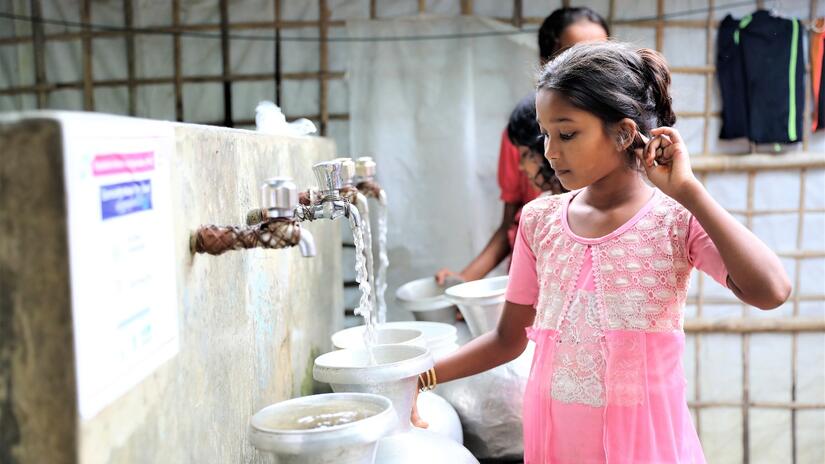Mr Chairperson, Director General, Excellencies and colleagues,
On behalf of the International Federation of Red Cross and Red Crescent Societies and its 192-member Red Cross and Red Crescent Societies, allow me to congratulate the World Health Organization on the occasion of its 75th anniversary.
Our presence here today is a testament to the vision of the Member State towards WHO’s constitution, who set for it the most difficult, as well as the most relevant objective: achievement of the highest attainable health standard for everyone, without distinction of race, religion, political belief, economic or social status.
But it is also a testament to the WHO’s ability to adapt and grow in the face of disasters, war, and crisis, as well as an ever-shifting social, economic and environmental landscape.
As a humanitarian organization founded in 1919, IFRC have faced many of these challenges together with the WHO, and we can be sure that the next 75 years will continue to challenge our abilities. Today, our major challenge of equitable access to health care is more elusive than ever, an issue that can only be resolved through political commitments.
In that sense, perhaps the most relevant questions, looking ahead, is not what new challenges the next 75 years will bring, but how we will face them. Will we work in coordinated partnership to address the social determinants of health, or will we continue working in fragmented manner? Will our policies and actions be defined by communities and local actors or from places hundreds of kilometers away? And will we have the courage to invest in trusted, resilient, and quality health care, or continue to be essentially reactive?
Political and health leaders at this Assembly have opened many doors in the past two years to make way for meaningful change, and these are questions to reflect upon during this Assembly.
Thank you.
--
More information about the Seventy-sixth World Health Assembly, including videos of the event, can be found on the World Health Organization (WHO) website here.

